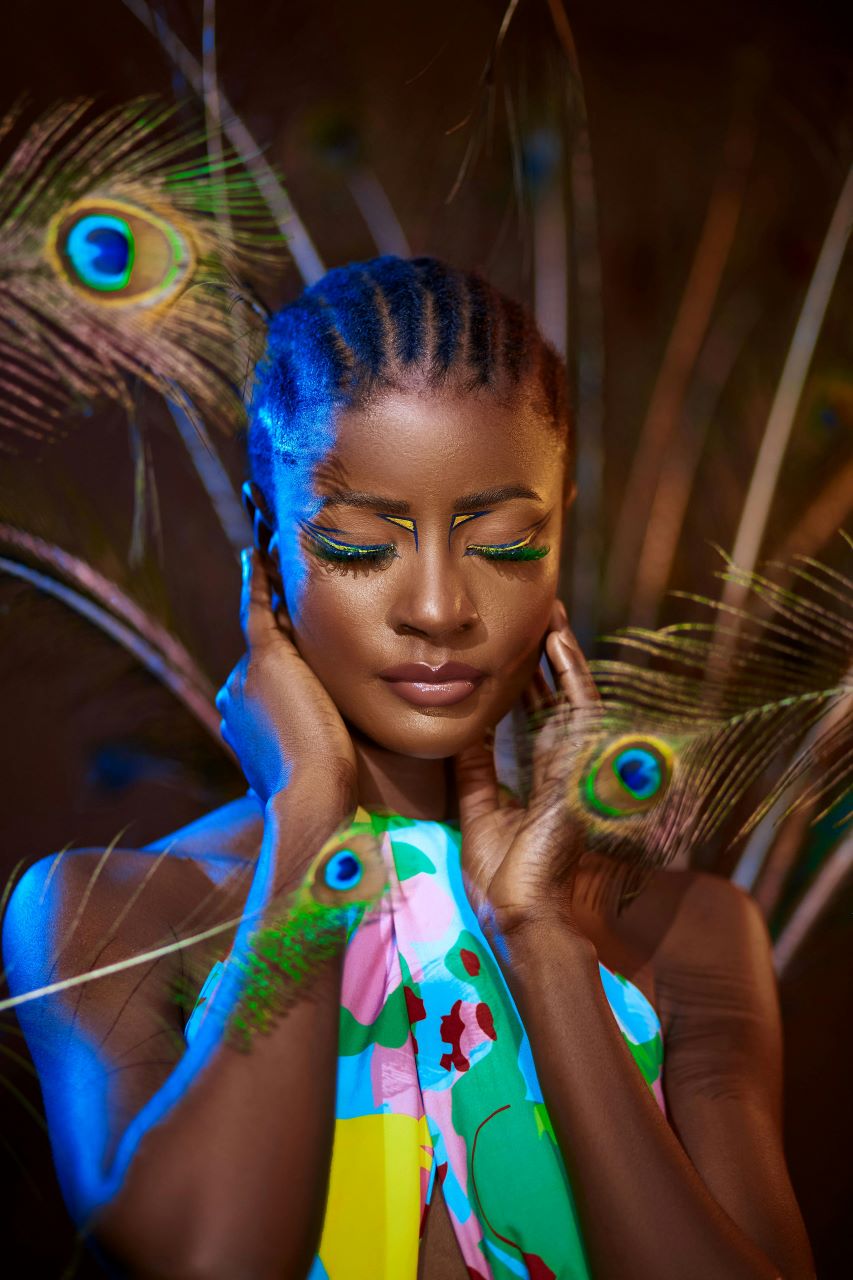In recent years, Kenya has witnessed a significant shift in beauty standards, particularly in the way women view and care for their hair. The natural hair movement has gained momentum, with more women choosing to embrace their natural curls, kinks, and coils instead of chemically straightening or relaxing their hair. This movement is more than just a trend—it’s a celebration of identity, heritage, and self-love. Let’s explore the factors driving this movement, the challenges women face, and how to care for natural hair in Kenya’s unique climate.
Why the Natural Hair Movement?
The natural hair movement is driven by a desire for authenticity, self-love, and healthier hair. Many women are realizing that chemical relaxers can damage their hair, leading to breakage, hair loss, and scalp irritation. By embracing their natural hair, they are not only promoting healthier hair but also challenging Eurocentric beauty standards.
The Roots of the Movement
Historically, straight hair was often seen as more “acceptable” due to colonial influences and Western beauty standards. For decades, Kenyan women used relaxers, weaves, and wigs to conform to these ideals. However, the rise of the natural hair movement globally, particularly in the African diaspora, has encouraged women in Kenya to reclaim their natural beauty.
Several factors have contributed to this change:
- Cultural Pride: There is a growing sense of pride in African heritage, with many women seeking to reconnect with their roots by embracing their natural hair.
- Health Concerns: Awareness of the harmful chemicals in relaxers and their potential health risks has prompted many to transition to natural hair.
- Representation: Increased visibility of natural hair in media, social platforms, and advertisements has inspired women to see the beauty in their curls.
- Influencers and Communities: Kenyan natural hair bloggers, YouTubers, and social media influencers have created a sense of community, sharing tips, styles, and encouraging others to go natural.
The Benefits of Going Natural
Transitioning to natural hair offers numerous benefits, including:
- Healthier Hair: Eliminating harsh chemicals allows your hair to grow stronger, thicker, and more resilient.
- Versatility: Natural hair can be styled in countless ways, from sleek and straight to voluminous and curly.
- Self-Love and Empowerment: Embracing your natural hair can boost your self-confidence and promote a positive body image.
- Economic Opportunities: The natural hair movement has created new business opportunities for entrepreneurs, particularly women.
Tips for Transitioning to Natural Hair
If you’re considering going natural, here are some tips to help you through the transition:
- Big Chop or Transition: Decide whether you want to cut off all your relaxed hair (big chop) or gradually grow out your natural hair.
- Deep Conditioning: Regularly deep condition your hair to keep it moisturized and prevent breakage.
- Protective Styling: Use protective styles like braids, twists, or buns to minimize manipulation and retain length.
- Avoid Heat Styling: Excessive heat styling can damage your hair, so try to air-dry your hair whenever possible.
- Use Gentle Hair Products: Choose hair products that are free from sulfates, parabens, and other harmful chemicals.
Challenges on the Journey
While the natural hair movement is empowering, it also comes with its share of challenges. Many women transitioning from relaxed to natural hair face difficulties, including:
- Societal Pressure: Despite the growing acceptance, there is still societal bias favoring straight hair, especially in professional settings where natural hair may be perceived as “untidy.”
- Maintenance and Time: Natural hair can require more time and effort to maintain compared to relaxed hair, especially for those unfamiliar with curly hair care.
- Access to Products: Although the availability of natural hair products has improved, finding affordable, high-quality products tailored to Afro-textured hair can still be a challenge in some areas.
The Natural Hair Community in Kenya
A vibrant community of natural hair enthusiasts has emerged in Kenya, sharing tips, advice, and inspiration through social media, blogs, and online forums. These platforms have become valuable resources for women who are new to the natural hair journey.
Celebrating Natural Hair in Kenya
Today, natural hair is celebrated more than ever in Kenya. Events like natural hair expos, workshops, and meetups provide platforms for women to share experiences and learn from one another. Brands catering specifically to natural hair care, such as Mikalla, Marini Naturals, and Sheth Naturals, have emerged, offering products formulated for Kenyan hair textures.
Moreover, the movement has inspired conversations about beauty standards, self-acceptance, and the importance of embracing one’s natural identity. Schools, workplaces, and media are increasingly recognizing the beauty and professionalism of natural hair, contributing to a cultural shift in perceptions.
The Future of Natural Hair in Kenya
The future of the natural hair movement in Kenya looks promising. As more women embrace their natural hair, the demand for natural hair care products and services will continue to grow. Local entrepreneurs are capitalizing on this trend by launching innovative brands that cater to the specific needs of Kenyan women.
The natural hair movement is more than just a beauty trend; it’s a cultural and social phenomenon that empowers women to embrace their individuality and redefine beauty standards. By embracing their natural hair, Kenyan women are making a powerful statement about self-love, self-acceptance, and cultural pride.



